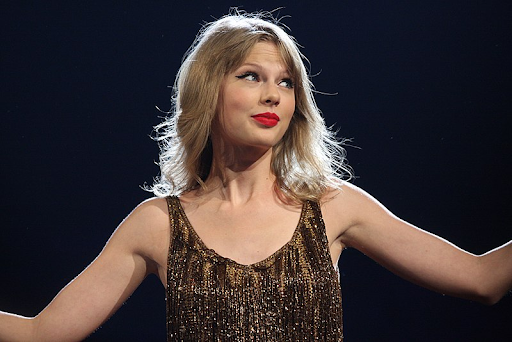YouTube’s new hate and harassment policy
In the past, some users and groups such as QAnon and Pizzagate justified their hate toward specific groups of people by inventing conspiracy theories about them. For example, QAnon created hashtags to convince people that celebrities, politicians or journalists were hiding pedophilic tendencies.
On Oct. 15, YouTube announced in a blog post that they were updating their hate and harassment policy. This policy will ban media that “maliciously insults” individuals based on specific characteristics such as sex, gender identity, race, ethnicity and sexual orientation. If anyone violates this policy, their channel could be kicked out of YouTube’s Partnering Program, demonetizing their videos. Repeat offenses could be grounds for banning a channel from the site altogether.
One of the many channels and websites that may benefit from the policy is American news and opinion site Vox. One of the company’s anchors, Carlos Maza, has been harassed due to his sexual orientation and Latinx origin. The main perpetrator of this hatred was conservative commentator Stephen Crowder, who called Maza a “lipsy queer” and “lipsy angry sprite” in a video on his Youtube channel.
YouTube has since responded saying that “Crowder wasn’t violating policies, in part because he hadn’t explicitly told viewers to harass Maza.”
This new policy could eliminate a lot of hate on the Internet, which would be helpful for our society as a whole.
I think it is very mature of YouTube to enforce this policy. In fact, I feel that YouTube and other social media websites should have started implementing and enforcing these policies a long time ago. I understand that we can’t go back to the past, so I do want to applaud YouTube for finally doing something right for those who have been targeted by these hate and conspiracy groups.
Persuading people to change their actions, attitudes and perspectives can be very difficult. However, it is important to see where someone else is coming from in order to understand their point of view. This requires looking past one’s hatred instead of spreading hate.
YouTube’s new hate and harassment policy is a nice implementation, but I hope it is something more than a simple gesture. If YouTube does enforce this policy appropriately and carefully, I think we can look forward to positive change within the YouTube community.








